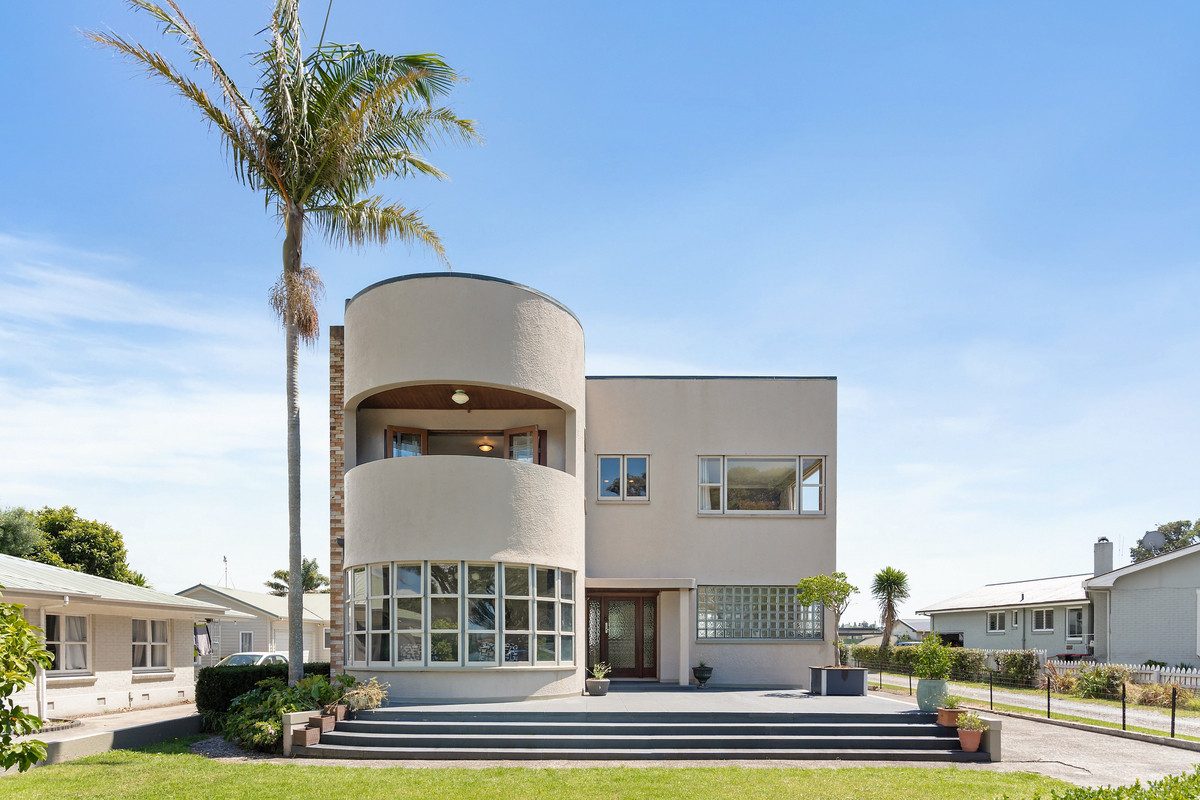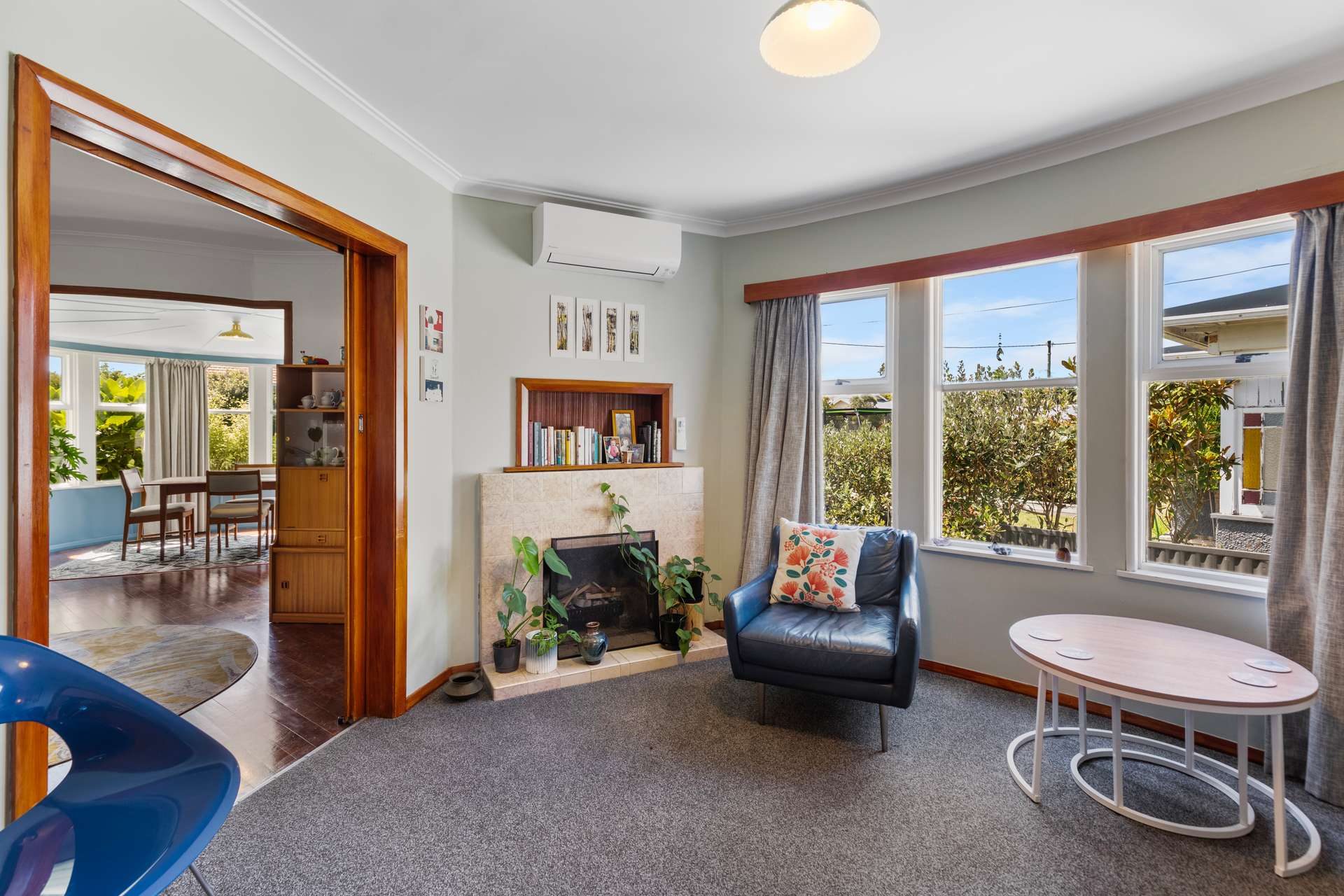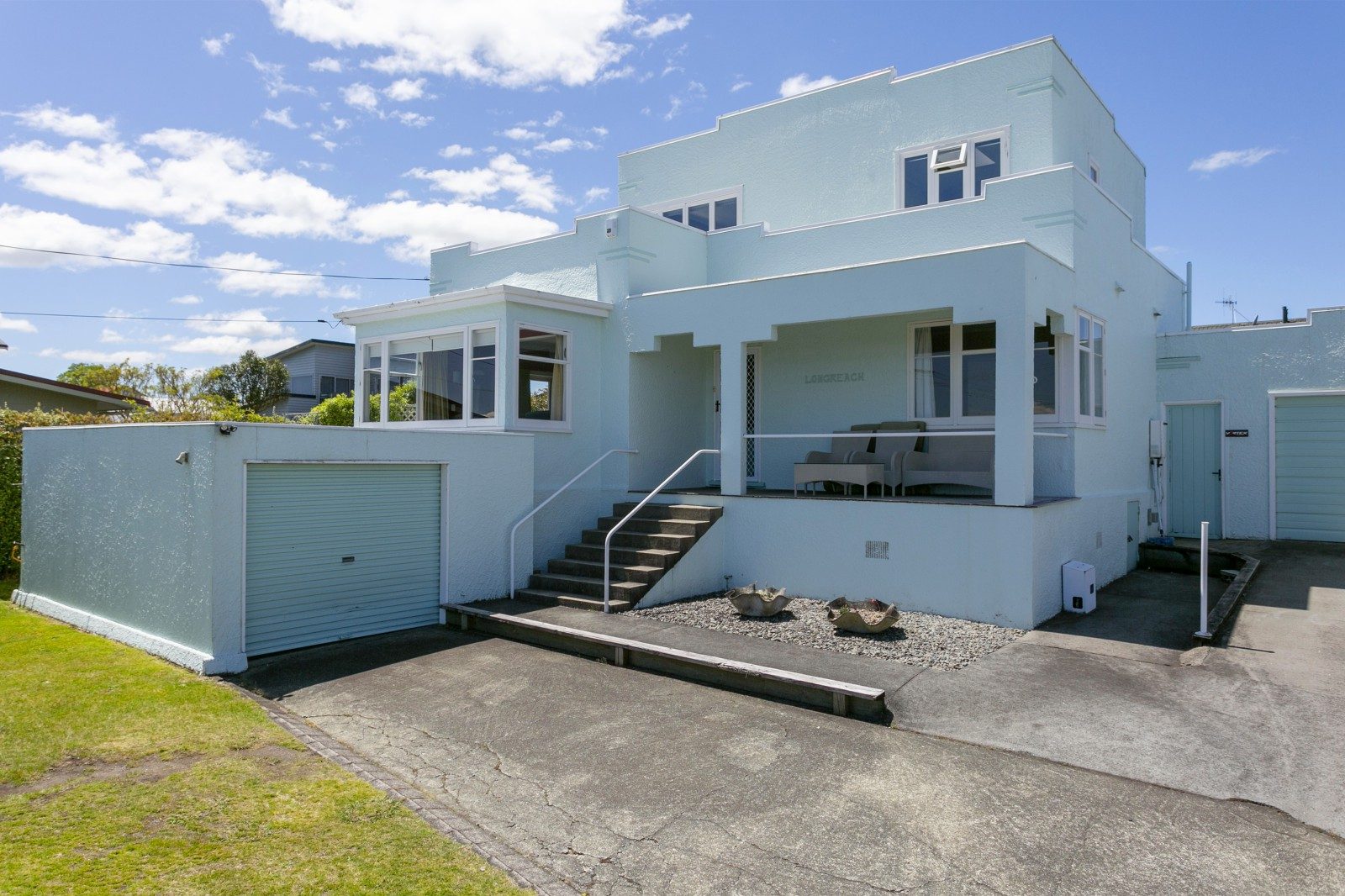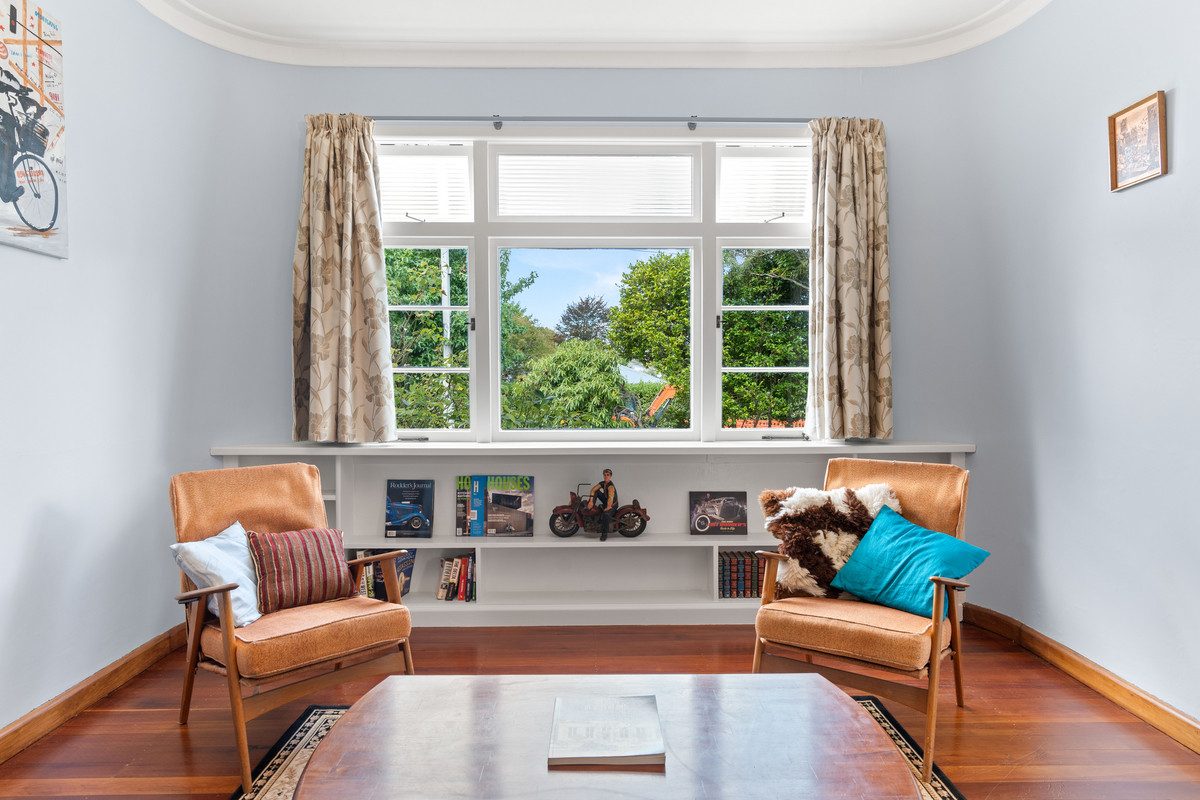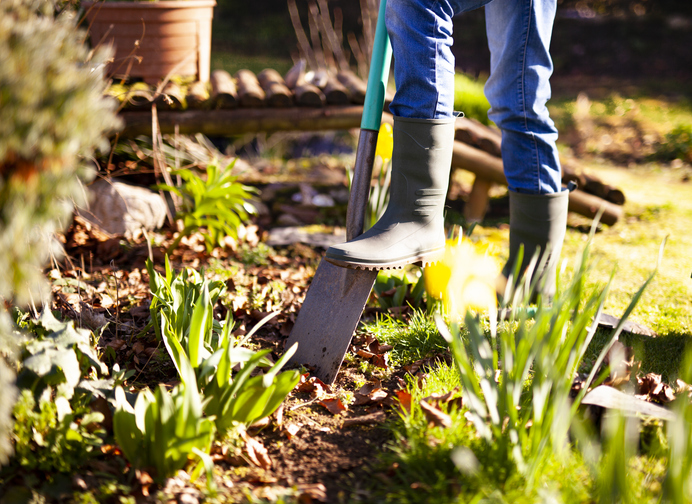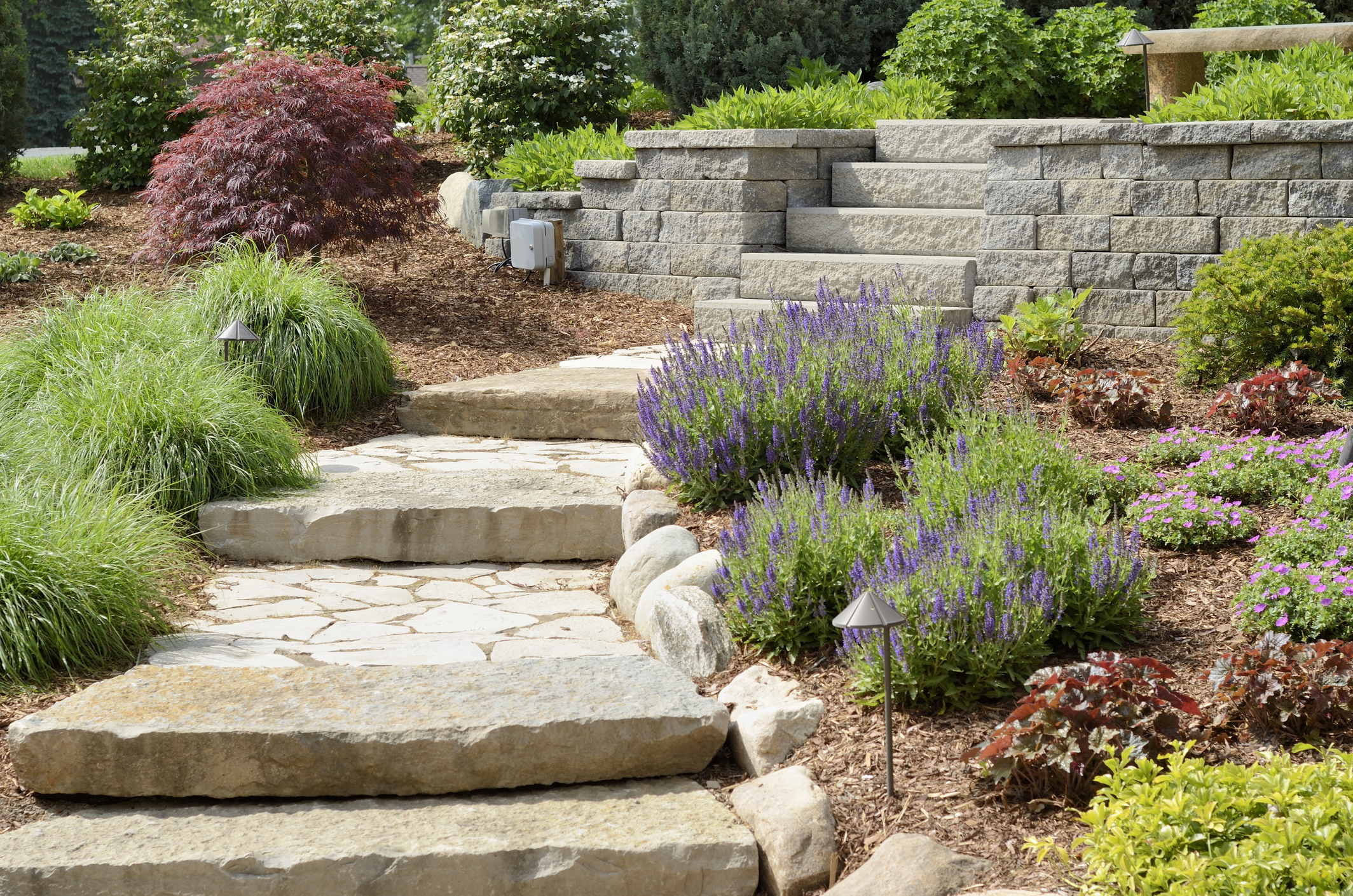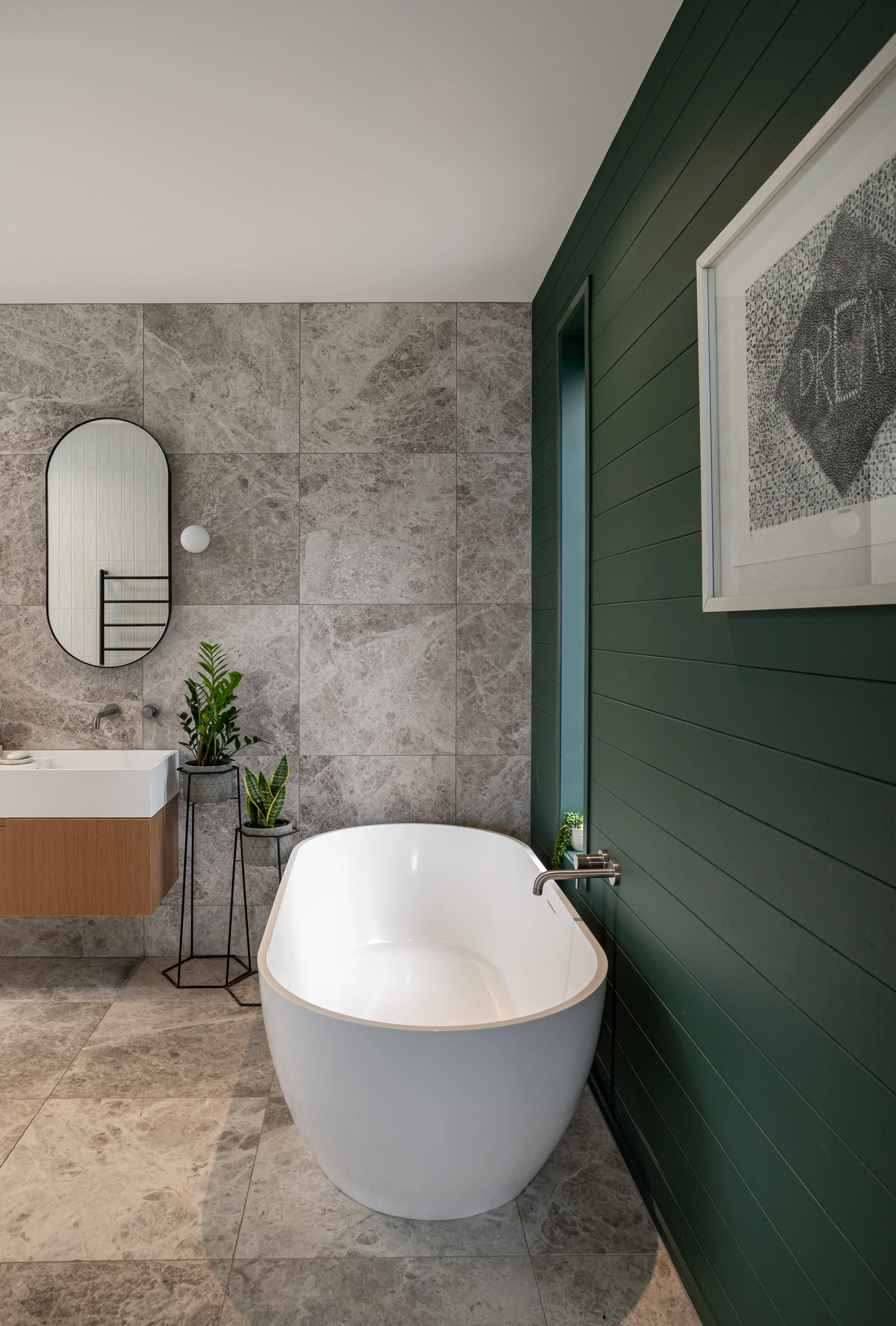Discover
Modern design ideas for Art Deco houses
We look at how to utilise the uniqueness of Art Deco style in a modern way.

The key features of Art Deco houses and how to incorporate them into an upgrade
Art Deco house floor plans: what to keep and what to change
Updating Art Deco house colours: staying sympathetic to the era
Essential upgrades to Art Deco homes to make them warm and energy efficient
Author
Other articles you might like
